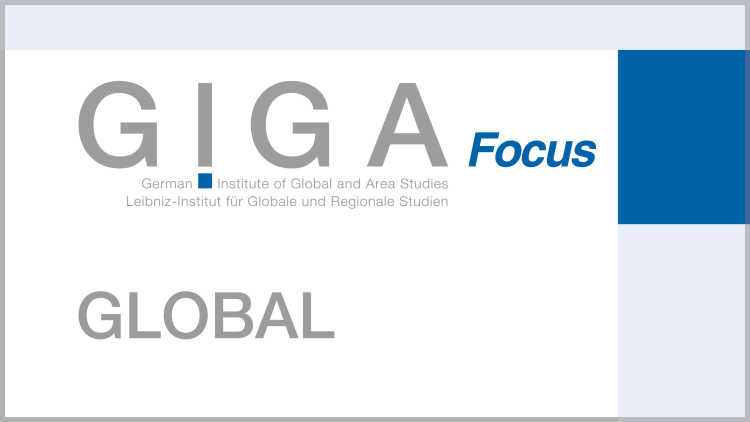- Startseite
- Publikationen
- GIGA Focus
- Go South! India "Discovers" Africa and Latin America
GIGA Focus International Edition English
Go South! India "Discovers" Africa and Latin America
Nummer 4 | 2013 | ISSN: 1862-3581
In August 2012, India’s first dialogue with the Community of Latin American and Caribbean States (Comunidad de Estados Latinoamericanos y Caribeños, CELAC), founded in 2010, took place in New Delhi. Following India’s “rediscovery” of Africa, this demonstrated India’s interest in forging closer political ties with Latin America.
Analysis
Since the 1990s, India has been globalizing its foreign policy. Having initially focused on Southeast and East Asia, India has looked to extend its relationships with Africa and Latin America in recent years. The driving force behind India’s diversification of foreign policy to the global South is, on the one hand, economic interests, and, on the other, the quest for recognition of India’s ascent to great power status.
India’s renewed engagement in Africa began with Indian businesses’ Investments in the raw material sector. Through a number of development activities and with the participation of Indian soldiers in United Nations (UN) peacekeeping operations,the Indian government has been signaling to the international community its readiness to act as a responsible (potential) great power. Security policy interests are the reason for different kinds of security cooperation with East African states inthe Indian Ocean region – an area India considers to be part of its extended regional neighborhood.
Indian-owned businesses have become increasingly active in Latin America since the beginning of the twenty-first century. This is, however, not only due to the region’s resource wealth, but also to its potential as a market for Indian products andas an investment location. Foreign policy has only recently started to follow the economy, as shown by New Delhi’s hosting of the India-CELAC Foreign Ministers’ Dialogue in 2012.
India remains, however, far behind China. Despite India’s growing engagement in Africa and Latin America, these regions are not of primary importance in the overall context of Indian foreign policy, which is still very much focused on security threatsthat spill over from the immediate regional vicinity.
Fußnoten
Regionalinstitute
Forschungsschwerpunkte
Wie man diesen Artikel zitiert
Destradi, Sandra, und Eva Küssner (2013), Go South! India "Discovers" Africa and Latin America, GIGA Focus International Edition English, 4, Hamburg: German Institute for Global and Area Studies (GIGA), http://nbn-resolving.de/urn:nbn:de:0168-ssoar-338230
Impressum
Der GIGA Focus ist eine Open-Access-Publikation. Sie kann kostenfrei im Internet gelesen und heruntergeladen werden unter www.giga-hamburg.de/de/publikationen/giga-focus und darf gemäß den Bedingungen der Creative-Commons-Lizenz Attribution-No Derivative Works 3.0 frei vervielfältigt, verbreitet und öffentlich zugänglich gemacht werden. Dies umfasst insbesondere: korrekte Angabe der Erstveröffentlichung als GIGA Focus, keine Bearbeitung oder Kürzung.
Das German Institute for Global and Area Studies (GIGA) – Leibniz-Institut für Globale und Regionale Studien in Hamburg gibt Focus-Reihen zu Afrika, Asien, Lateinamerika, Nahost und zu globalen Fragen heraus. Der GIGA Focus wird vom GIGA redaktionell gestaltet. Die vertretenen Auffassungen stellen die der Autorinnen und Autoren und nicht unbedingt die des Instituts dar. Die Verfassenden sind für den Inhalt ihrer Beiträge verantwortlich. Irrtümer und Auslassungen bleiben vorbehalten. Das GIGA und die Autorinnen und Autoren haften nicht für Richtigkeit und Vollständigkeit oder für Konsequenzen, die sich aus der Nutzung der bereitgestellten Informationen ergeben.




